Metastasis
-
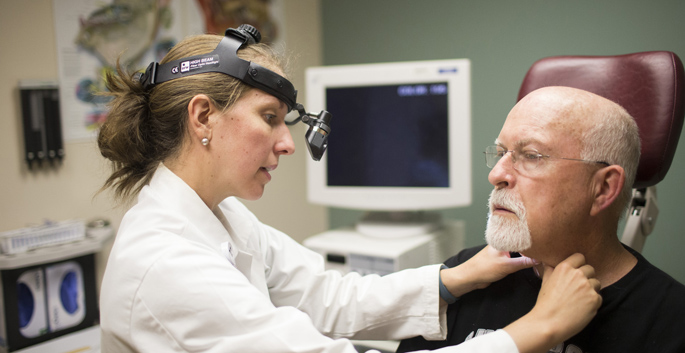
Probing cancer cell invasion
The rigidity of the extracellular matrix that surrounds cells impacts the contractile and invasive properties of head and neck cancer cells. Read MoreMar 1, 2022
-

Breast cancer vaccine research delivers promising results
Vanderbilt researchers have developed what appears to be a simple and promising treatment for breast cancer metastasis. Read MoreJun 11, 2020
-

Potential new cancer target
Vanderbilt researchers have discovered the involvement of a certain type of adenosine receptor in mediating signaling that supports tumor growth and metastasis. Read MoreJun 4, 2020
-

Cellular soldiers designed to kill cancer cells that get loose during surgery, stop metastasis
Cellular soldiers created using the body’s own defenses can track down and kill escaping cancer cells during surgeries, preventing metastasis and saving lives, a Vanderbilt University biomedical engineer has discovered, particularly in cases of triple negative breast cancer. Michael King, J. Lawrence Wilson Professor of Engineering and chair of the biomedical engineering department, and his... Read MoreJul 24, 2019
-
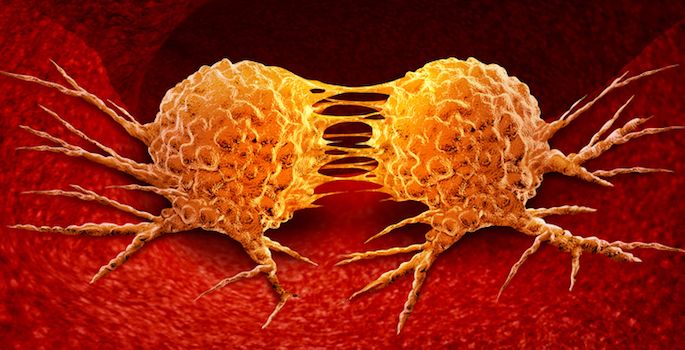
Cellular soldiers designed to kill cancer cells that get loose during surgery, stop metastasis
Cellular soldiers created using the body’s own defenses can track down and kill escaping cancer cells during surgeries, preventing metastasis and saving lives, a Vanderbilt University biomedical engineer has discovered, particularly in cases of triple negative breast cancer. Read MoreJul 24, 2019
-

Stress may switch on bone “mets”
New findings could explain the link between chronic stress and reduced survival in women diagnosed with breast cancer, and could lead to new strategies to improve treatment outcomes. Read MoreAug 9, 2017
-
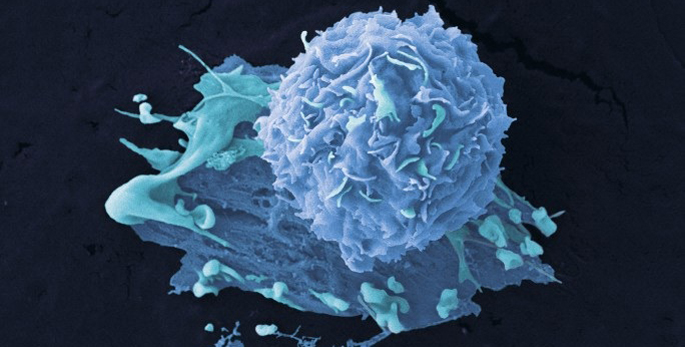
Drivers of breast cancer metastasis
Signaling through a complex of proteins called mTORC2 plays a role in breast cancer migration, invasion and metastasis, Vanderbilt researchers reported. Read MoreJul 20, 2017
-

ROCKs and cancer invasion
The rigidity of the microenvironment around cancer cells drives invasive behavior through distinct ROCK signaling pathways, which could guide the development of specific anti-invasive therapies. Read MoreMar 17, 2016
-

Grant spurs research into how cancer cells spread
Aron Parekh, Ph.D., assistant professor of Otolaryngology, has received a four-year, $790,000 Research Scholar Grant from the American Cancer Society to further his research into the mechanical and biological properties of cancer cells and the methods by which they leave the initial tumor and spread or metastasize to other parts of the body. Read MoreMar 3, 2016
-
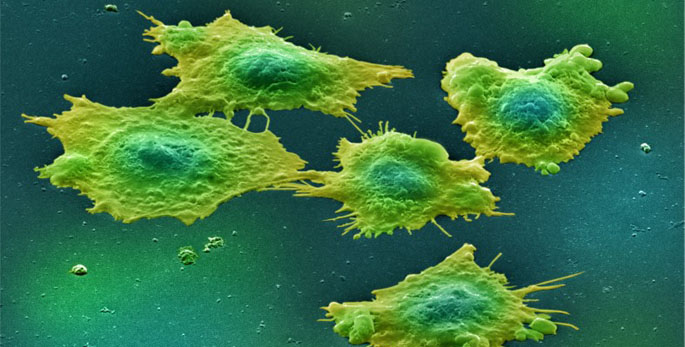
Targeting bone metastasis
The rigidity of the bone extracellular matrix increases the ability of tumor cells to destroy bone, suggesting new targets for anticancer drug development. Read MoreJul 23, 2015
-

Gene profile predicts metastasis
A specific gene expression profile represents a novel, biologically relevant “signature” for identifying colon cancers with high risk of metastatic recurrence, Vanderbilt researchers have found. Read MoreFeb 9, 2015
-
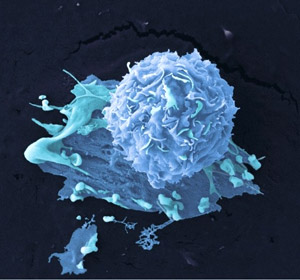
Enzyme affects tumor metastasis
A protein that degrades the “matrix” between cells participates in the development of lung metastases from primary breast cancer in mouse models and may be a good target for breast cancer treatment. Read MoreJan 8, 2015
-

Limiting breast cancer metastasis
Vanderbilt researchers have identified a new target for blocking breast cancer metastasis. Read MoreAug 28, 2014
-

Growth factor blockade targets breast tumors
Inhibition of BMP growth factor signaling reduces breast tumor burden and metastasis. Read MoreAug 14, 2014
-

Protein’s role in spread of colon cancer studied
One of the most formidable weapons in a cancer’s arsenal is the ability to spread to other organs. Read MoreApr 3, 2014
-
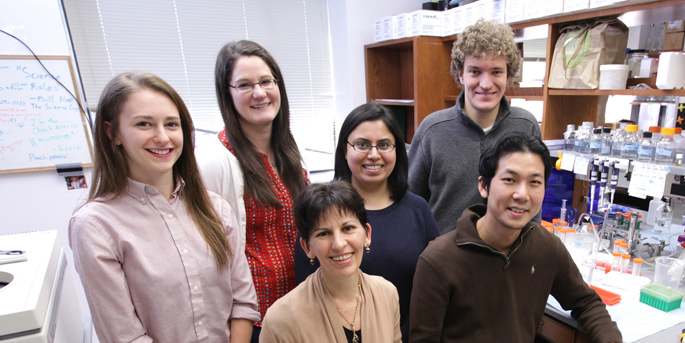
Cancer cells combine tools to increase invasiveness
Two features of invasive cancer cells — invadopodia and exosomes — are linked together, Vanderbilt University investigators have discovered. Read MoreDec 19, 2013
-
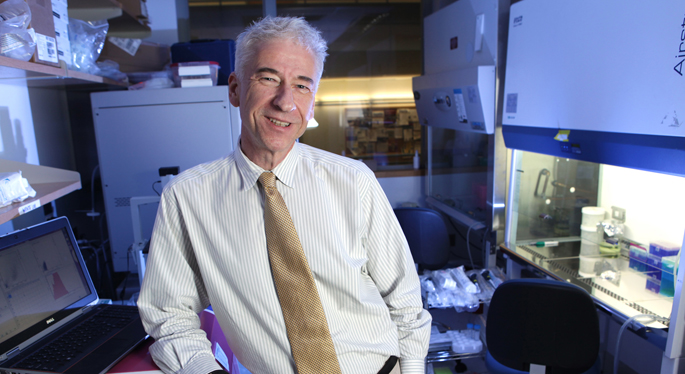
Polarity protein suppresses tumor growth, invasion
The machinery that builds the characteristic shape of epithelial cells suppresses breast cancer formation and metastasis in a mouse model. Read MoreNov 29, 2012
-
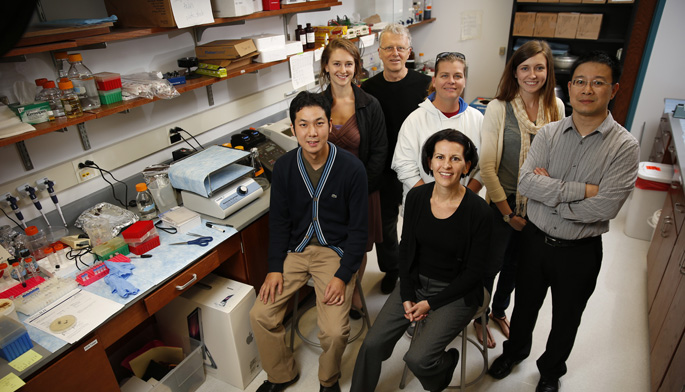
Proteins help flip tumor’s invasive switch
Vanderbilt investigators have identified how two key components of cancer's invasive "switch" — the series of signaling events that turn on a tumor cell’s invasive behavior — work together. Read MoreOct 4, 2012
-
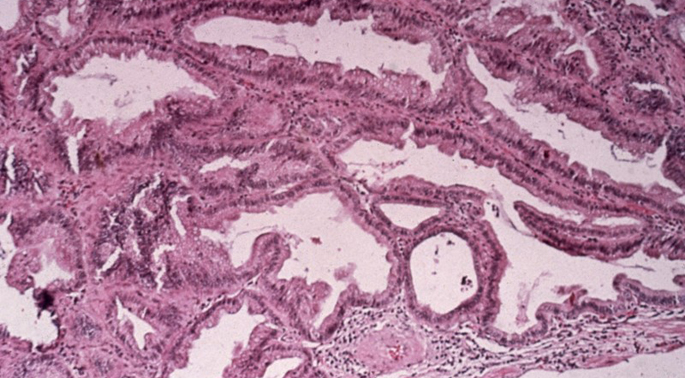
On the hunt for bladder cancer factors
A protein linked to aggressive bladder cancers could point to new strategies for treatment or prevention. Read MoreJul 26, 2012
-
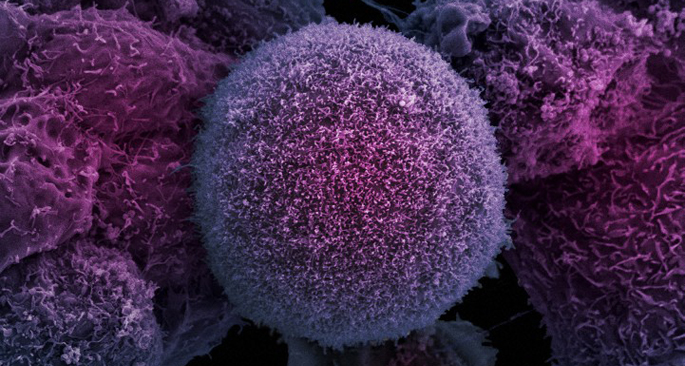
Proteins guard against cancer spread
Targeting immune system proteins may keep prostate cancer from spreading to bone. Read MoreJul 24, 2012